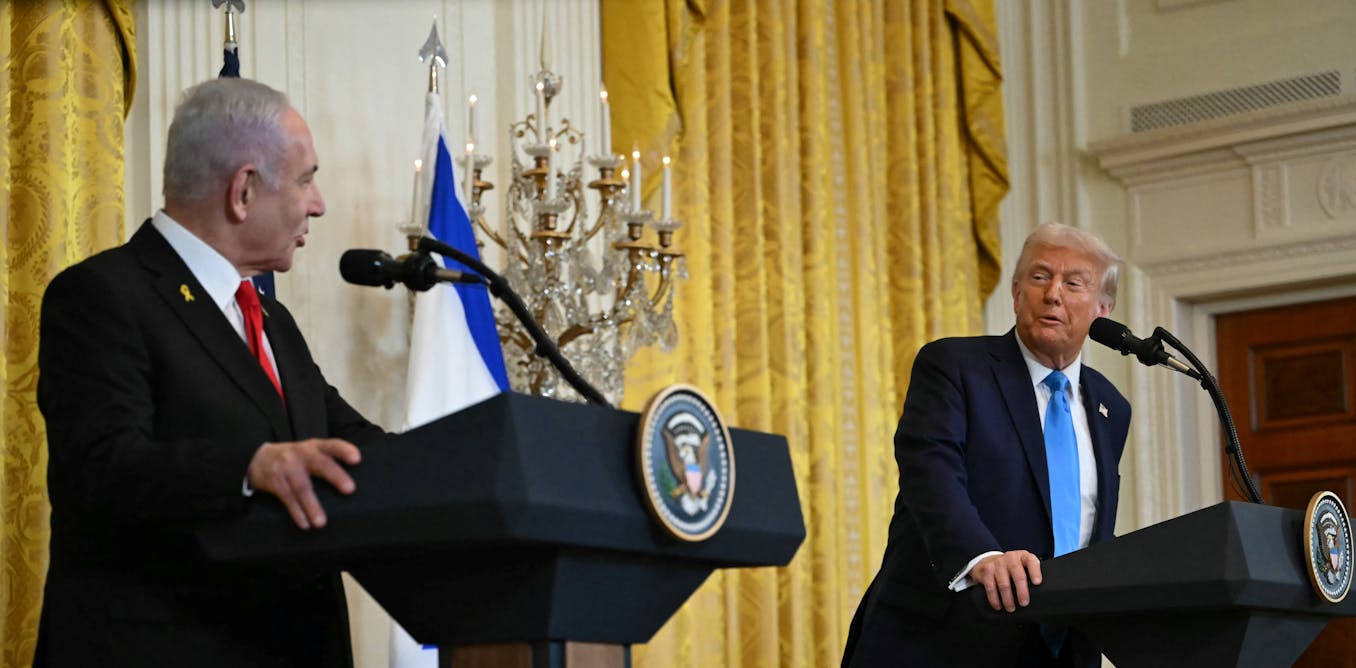by MAHA NASSAR

President Donald Trump’s suggestion that the U.S. should “take over” Gaza, displace its current population and turn the enclave into “the Riviera of the Middle East” is unsettling – in both a literal and, to Palestinians, a very personal sense.
The remarks, which followed earlier comments in which the president expressed a desire to “clean out” Gaza, have been taken by some Middle East experts as a call to “ethnically cleanse” the strip of its 2.2 million Palestinian inhabitants. They worry that such talk will bolster the hopes of Israel’s far-right settlers and their supporters in government, who want to remove Palestinians from Gaza and build Jewish-only settlements on the enclave’s beachfront property.
Following Trump’s remarks, Riyad Mansour, Palestinian envoy to the United Nations, stated: “Our homeland is our homeland.” He added, “I think that leaders and people should respect the wishes of the Palestinian people.”
As a scholar of modern Palestinian history, I know that calls to remove the Palestinians from Gaza are not new – but neither is Palestinians’ determination to remain in their homeland. For almost 80 years, Palestinians in Gaza have resisted various proposals to displace them from the enclave. In fact, those plans have often spurred resistance to occupation and removal.
A people already uprooted
Most people in Gaza are the product of displacement in the first place.
In 1948, over 700,000 Palestinians fled or were expelled from their homes when the state of Israel was established and a war between the new country and its Arab neighbors erupted.
These Palestinians became nationless refugees, placed under the care of the U.N. Relief and Works Agency. In the Gaza Strip, the agency set up eight refugee camps to care for over 200,000 Palestinians who had been forced out of over 190 towns and villages.

In December 1948, the U.N. General Assembly adopted Resolution 194 stipulating that “the refugees wishing to return to their homes and live at peace with their neighbors should be permitted to do so at the earliest practicable date.”
The Conversation for more
